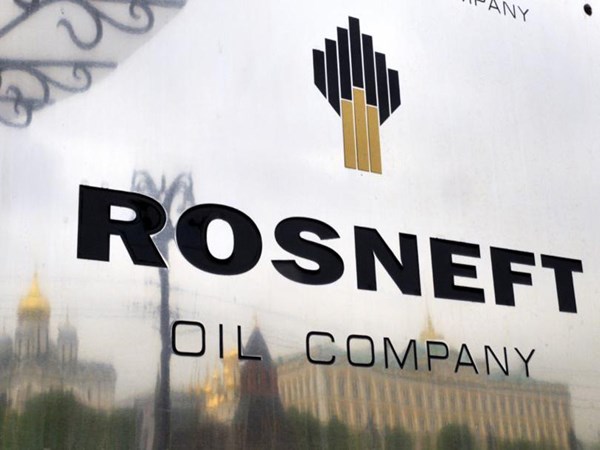Kremlin demands tax concessions for Rosneft in Venezuela
Russian Prime Minister Dmitry Medvedev has approved a proposal drafted by the Ministry of Energy to make amendments to the Russian-Venezuelan agreement to cooperate in several joint strategic projects. The Prime Minister advised the president to authorize the signing of the document. The text of the proposal was published on Russia’s legal information portal.
The document proposes to add a provision on Moscow’s and Caracas’s obligation to create “favorable and undiscriminating conditions” and to assist Rosneft and Grupo Rosneft in the development of the Patao and Mejillones gas fields on the Venezuelan shelf.
In December 2017, Rosneft’s subsidiary obtained a license to develop the Patao and Mejillones gas field and export the gas for a period of 30 years. Rosneft’s report states that the field has an estimated 180 billion cubic meters of geological reserves, and that basic development of the site should be completed by the end of 2020.
The new addendum states that the Venezuelan government must undertake to give tax concessions to Grupo Rosneft, including exemption from VAT for its suppliers and contractors, and from import tax and customs tariffs on the goods and services required to develop the shelf fields.
The amendments also stipulate that any property of Rosneft or Grupo Rosneft used in Venezuela to realize the gas project may not be expropriated or nationalized by Venezuela without paying the fair market price. If the project is canceled, the Venezuelan government undertakes not to create obstacles to the withdrawal of this property from the country without the collection of any taxes, customs payments or duties.
The agreement between Russia and Venezuela to cooperate in joint strategic projects came into force at the end of 2009. Initially the agreement concerned the development of the Junin-6 block of the Orinoco Oil Belt and the possible development of the Junin-3, Ayacucho-2 and Ayacucho-3 blocks. In 2013, the agreement was expanded to include a mutual undertaking to ensure long-term mutually beneficial collaboration in the development of fields in the Carabobo-2-North and Carabobo-4-West blocks with Rosneft’s involvement.
In 2017, Rosneft announced that “PetroVictoria”, its joint enterprise with PDVSA, the Venezuelan state oil company, had begun extraction at the Carabobo-2 block as part of a pilot operation. Full-scale development of the Carabobo project is scheduled to begin after 2020, Rosneft’s report states.
In June 2019, Rosneft CEO Igor Sechin said that in 2018 the extraction volumes from the company’s fields in Venezuela had grown by 7%, and that the company did not expect a significant decrease in 2019.
